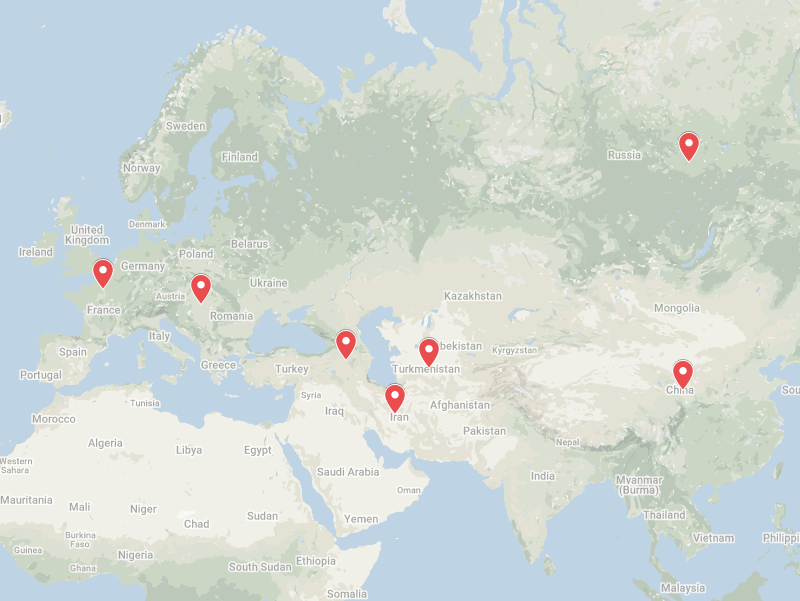International press freedom NGO Reporters Without Borders (RSF) launched a tracker tool to monitor and evaluate the impacts of the coronavirus pandemic on journalism together with recommendations on how to defend the right to information.
The tool, aptly named Tracker-19, aims to evaluate the pandemic’s impacts on journalism, document state censorship and deliberate disinformation, and their impact on the right to reliable news and information, as well as recommendations on how to safeguard journalism, the organisation said in a statement.
The name makes reference to Covid-19 and Article 19 of the Universal Declaration of Human Rights.
“Censorship cannot be regarded as a country’s internal matter. Information control in a given country can have consequences all over the planet and we are suffering the effects of this today. The same goes for disinformation and rumours. They make people make bad decisions, they limit free will and they sap intelligence,” RSF secretary-general Christophe Deloire said.
Deloire went on to list China and Iran as countries where the media have been unable to fulfil their role of informing the public during the Covid-19 outbreak. He said there was an urgent need to provide an exhaustive and honest account of obstacles to press freedom, as well as to enable journalists to both provide reliable information and combat rumours.
Tracker-19 offers an interactive world map on the press freedom situation, constant coverage of developments and analyses of key issues. RSF said the tracker was dedicated to the “historians of the present”, who are covering the crisis, taking risks and exposing themselves to the virus in order to report what is happening.
In examples of the types of threats to journalism which are happening globally, The Shift looked at how pro-Kremlin disinformation outlets are working tirelessly to churn out false stories about the virus, while China announced it plans to expel 13 journalists from three major US publications in an unprecedented retaliation against foreign media in the country.
This is the second press freedom project launched by the organisation this month. Earlier in March, RSF created ‘The Uncensored Library’, a virtual free library of journalist’s work which would usually be censored within their country.












